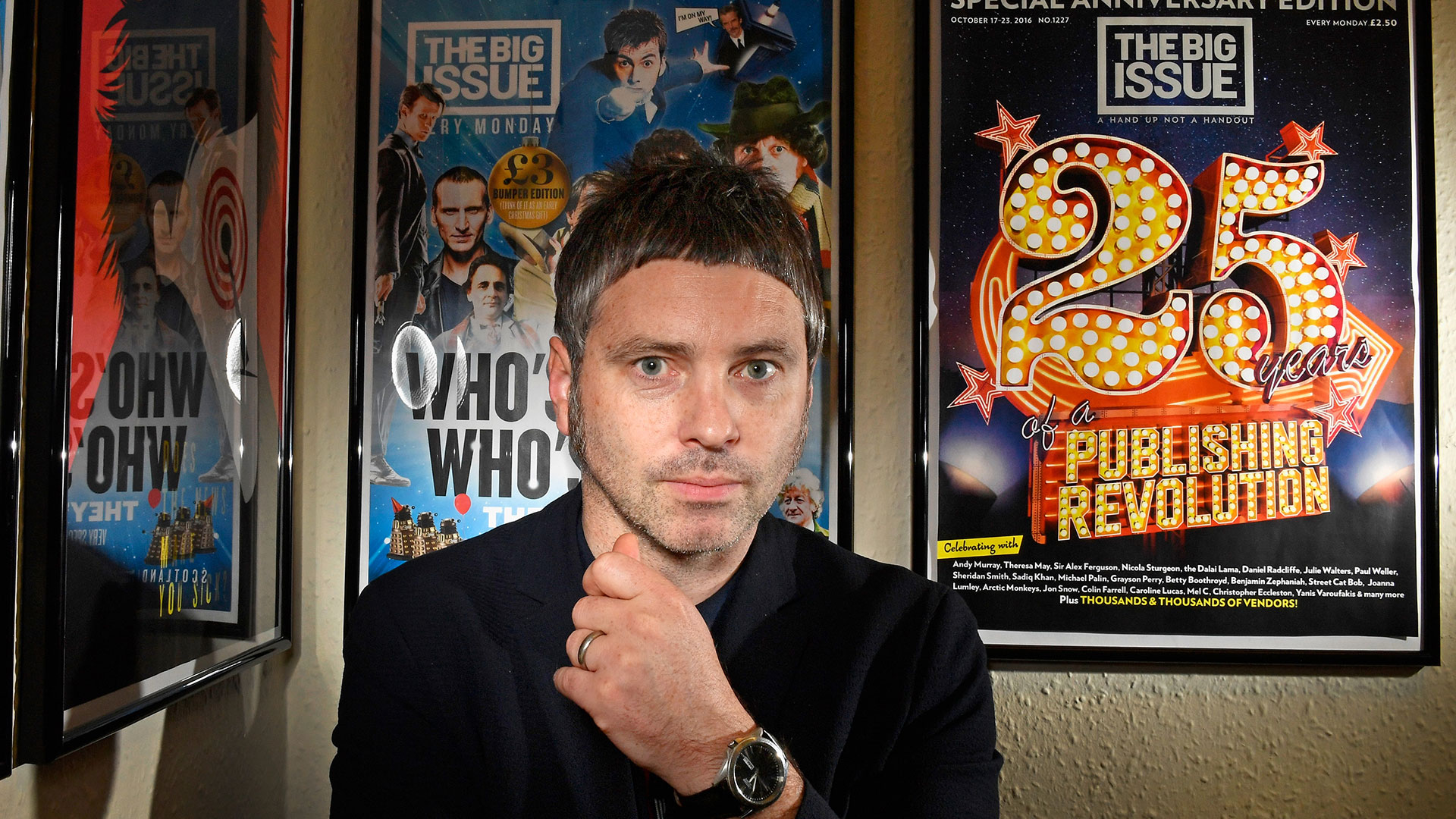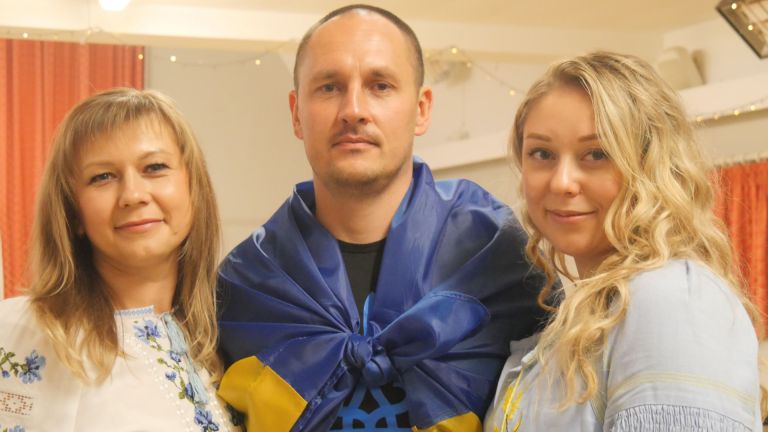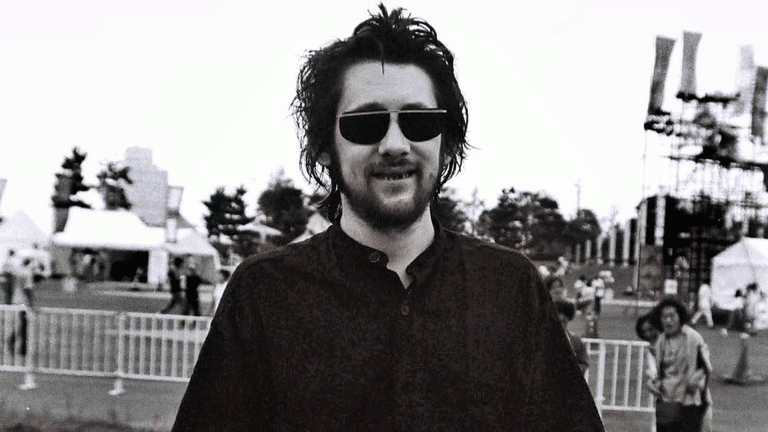Let’s start with Emily Kay. Emily is 12 years old. She has two brothers, Peter who is 15 and Christopher who is eight. She lives with them and her mum and dad in Chesterfield. They are a happy family.
However, Emily’s mum has cerebral palsy. As do her brothers. Following a serious car accident, her dad has mobility issues. Emily acts as their carer.
She has some help from her gran and two adult carers but Emily, who is 12, gets up in the morning to get them all ready. She prepares them meals, cleans, tidies, fetches medicine.
Last week Emily won the Children of Courage award, with the support of the charity Action for Children. This is what Emily, 12, said: “It can be really tiring looking after my family but I love them very much and would do anything for them.”
I read that and I burst into tears feeling humbled and burning with anger. Emily is one of an estimated 700,000 children who act as carers for their relatives or guardians in Britain. Think about that. That is the population, give or take, of Glasgow. Or two Cardiffs or two Brightons. At a time when children need to rebel and find their own way and sleep in late and be grouchy and ungrateful and generally act like growing teens, there are hundreds of thousands who simply can’t.
The short-termism of the system, the reactive nature of it, is the problem
We use a lot of energy furrowing brows and trying to work out the mindset of political leaders.









